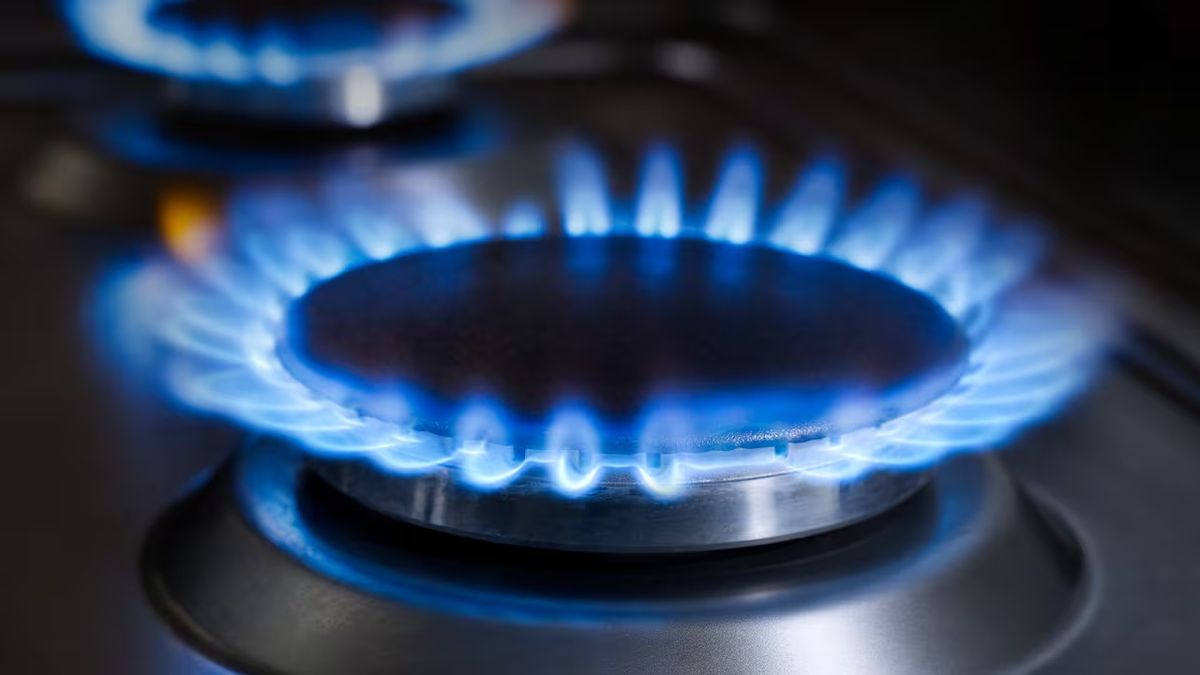gel gas union He presented a speech asking for help from the government, warning that he is “barely surviving” and that almost 5,000 users have been lost since the departure of Petrobras of the business.
The leader of the Autonomous Union of Gas Workers and Employees (Uaoegas), Alejandro Acosta, was presented at the Industry Committee of Deputies asking a question: “What is the country going to do with this sector? Let it die, let it sit there and lie in a corner?”
With this wasteful questioning, Acosta assured that the gas sector in the Uruguay “barely surviving” and has been in a survival situation for several years.
In this regard, he stated that almost 5,000 users have lost their use of piped gas since Petrobras left the business in 2019, while the drop in adherents will begin to be experienced between 2020 and 2023.
According to Acosta, the reasons for the sector’s decline include the low volume of gas supplied from Argentina, the emergence of other, more efficient heating systems and the high prices of the service.
The responsibility of the State
The union claims that the Uruguay has turned to other, more renewable energy generation methods, so gas has moved to another level. “The country has gone in another direction,” said the leader in the Commission and added that “it is a perfect equation for everyone to run away.”
In this regard, he also regretted that the path of reprivatization of the sector has not been chosen because “there is no one interested in taking it over” and, according to Acosta, this situation is the responsibility of the State.
From this, the leader demanded that the government hold meetings with different portfolios to discuss the issue, including the Ministry of Industry, Energy and Mining (MIEM) and Ministry of Labor and Social Security (MTSS). The first was aimed at discussing the future of the sector and the second was to seek alternatives that would allow it to maintain its workers’ jobs.
“We do not hide the fact that we also want to defend our jobs; we defend public service, but that includes workers,” said Acosta.
A situation that is coming to a head
One of the claims by the union is that Petrobras, Before leaving the business, he claimed that the conditions in the sector were not the best in the Uruguay. A reality that could not be modified by companies and that depended on the state.
One of the most unfavorable situations for the country is the gas business it has with Argentina, where prices are much higher compared to the international price.
“The volume of gas that passes through us (from Argentina) It is a political agreement that has been maintained for decades with different governments of different political and ideological signs, because in a strict sense Argentina, as it is in deficit, would not have to pass a single molecule of gas to any external market,” he explained.
Acosta recalled that the same thing happened with Chili, but finally the neighboring country decided to stop selling to it. “In the case of Uruguay, “As the volume does not represent much (to Argentina), it was maintained by political agreements. At the same time, the prices that were proposed were going to be between US$ and US$5 per million BTU (a thermal unit used for caloric measurement), reaching peaks of US$30 or US$40,” he commented.
More claims to the State
On the other hand, Acosta commented that the government, through the promoted housingnor does it promote the sector. “The vast majority (of these buildings) do not have gas. Today there is no regulation that says that there must be piped gas in new buildings and they are being built on the basis of this tax benefit that the State gives, meaning that the State helps them to be built but they do not have piped gas,” he said.
Meanwhile, he regretted that companies have done everything possible to stabilize the sector. “We have focused on seeing how we stabilize the company and stop losing users because, even now, for a couple of years now, the market niche that was targeted at the time, which was the central heating of buildingshas an almost unbeatable competitor: electric heat pumps, which have a 300% efficiency, and we, even with technological innovations, have a 30% or 40% efficiency. Far from being on the offensive in that sector, we are trying not to lose,” he said.
Source: Ambito




